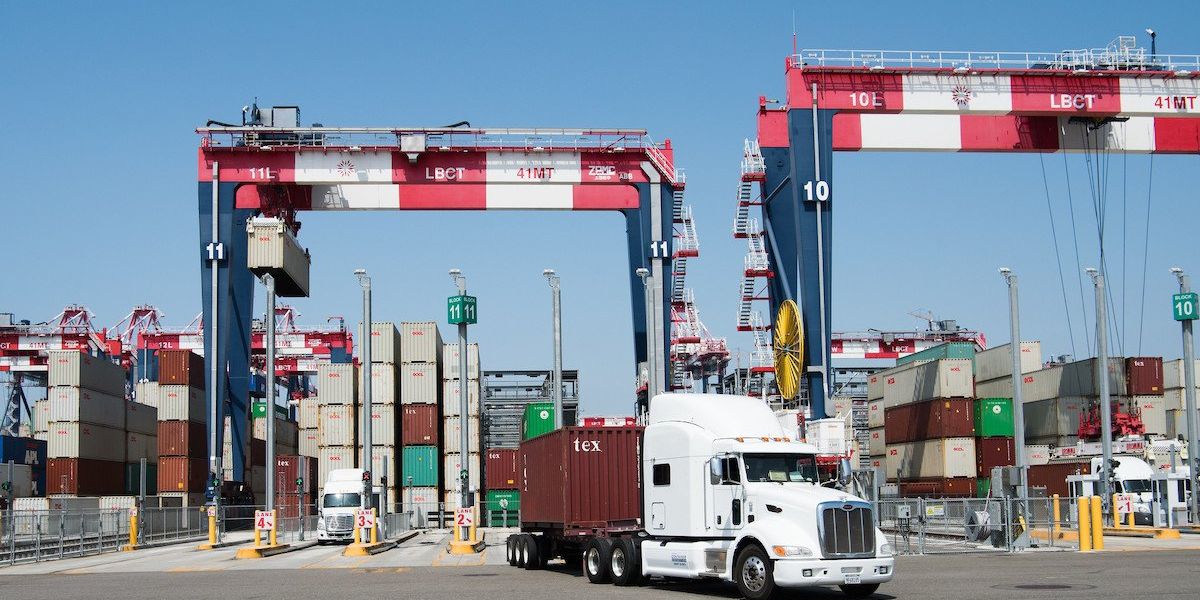maine
Eelgrass beds are shrinking along Maine's coastline, threatening ecosystems
Eelgrass, a vital coastal plant that helps prevent erosion and store carbon, is disappearing from Maine's waters, worrying scientists about its impact on climate and marine habitats.
In short:
- Eelgrass stabilizes shorelines, filters water, and offers habitat for marine species like lobsters and bass.
- The Maine Department of Environmental Protection found a 60% decline in eelgrass since 2005, with some areas losing all eelgrass.
- Climate change, invasive species, and storms are stressing eelgrass beds, while their carbon capture potential draws growing attention.
Key quote:
"There are so many things that are important about eelgrass, but you can’t see it unless you’re scuba diving or have an underwater camera."
— Cheyenne Adams, Maine Department of Environmental Protection.
Why this matters:
Eelgrass plays a crucial role in fighting climate change by sequestering carbon and protecting coastlines. As its decline accelerates, the loss could harm ecosystems and exacerbate coastal erosion.
Maine's new strategy for offshore wind energy
Maine's Governor Janet Mills announces the development of a port on Sears Island to support floating offshore wind farms, aiming to position the state as a leader in renewable energy.
In short:
- Maine will develop a port on Sears Island to serve the emerging floating offshore wind industry.
- The decision, balancing environmental and economic factors, positions Maine as a potential hub for wind energy on the East Coast.
- The initiative aligns with national goals, including the Biden administration's target for offshore wind energy.
Key quote:
“On balance, Sears Island is the best choice for an offshore wind port because it is already owned by the state, designated for the purpose of port development, will cost less in the short-term and long-term, and is expected to result in less environmental harm.”
— Janet Mills, governor of Maine
Why this matters:
Maine's move into floating offshore wind energy is significant for health and environmental outcomes. It represents a strategic step in harnessing renewable energy, aligning with broader national efforts to transition toward sustainable power sources.
In the Gulf of Maine, scientists race to save seabirds threatened by climate change.
Climate change splits Maine lawmakers trying to aid storm-ravaged coastal towns
Maine lawmakers mulling how to help coastal communities devastated by back-to-back storms this month are airing ideas that are shaped in part by partisan splits on climate change.
Worsening floods may force some Mainers to flee their homes
As Casco Bay warms, climate change alters its chemistry in unexpected ways
Heavy rains most likely caused low salinity and dissolved oxygen rates in Casco Bay this year, raising long-term pollution and productivity concerns for the local section of the fast-warming Gulf of Maine.
Maine voters, seething over electric bills, to vote on power company takeover
Maine voters are joining a burgeoning national movement of consumers frustrated with power companies that they feel are unaccountable to ratepayers.



















